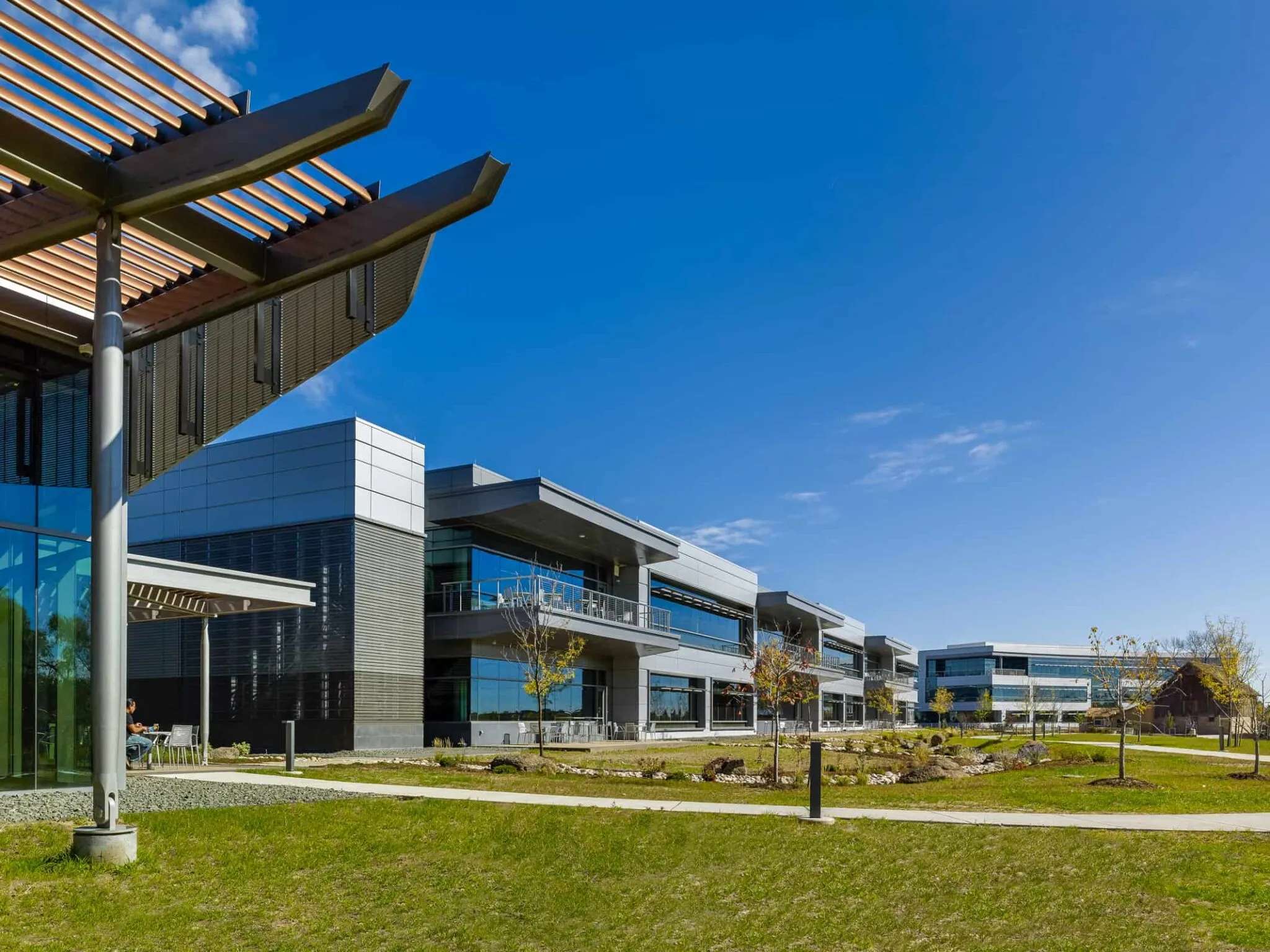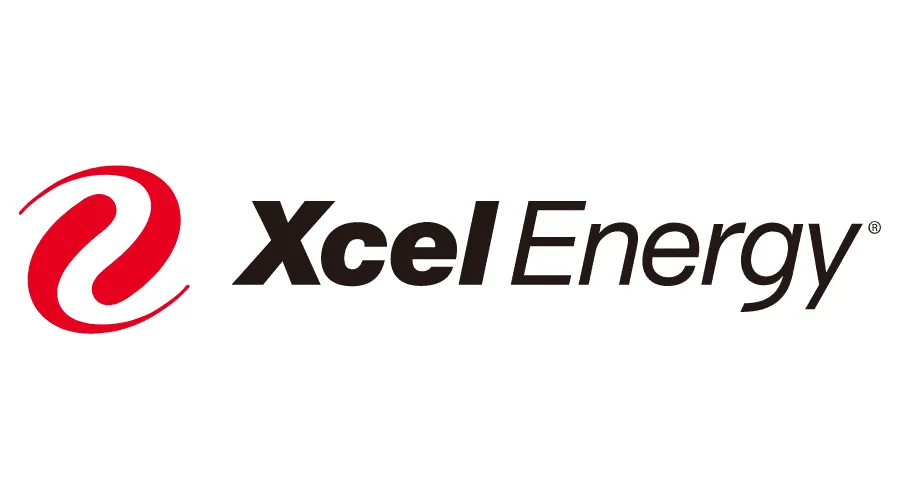Municipalization now at cost-determining phase
The city of Boulder is still trying to form its own power utility, even after more than a decade of trying to purchase the city’s existing power company assets from Xcel Energy.
A recent decision by the Colorado Public Utilities Commission paves the way for condemnation, which is a process through which a municipality can condemn assets to bring the current utility provider to the negotiating table.
In October, the PUC determined which assets could be transferred from Xcel Energy to the city of Boulder.
“The matter has moved to the condemnation court…
THIS ARTICLE IS FOR SUBSCRIBERS ONLY
Continue reading for less than $3 per week!
Get a month of award-winning local business news, trends and insights
Access award-winning content today!




